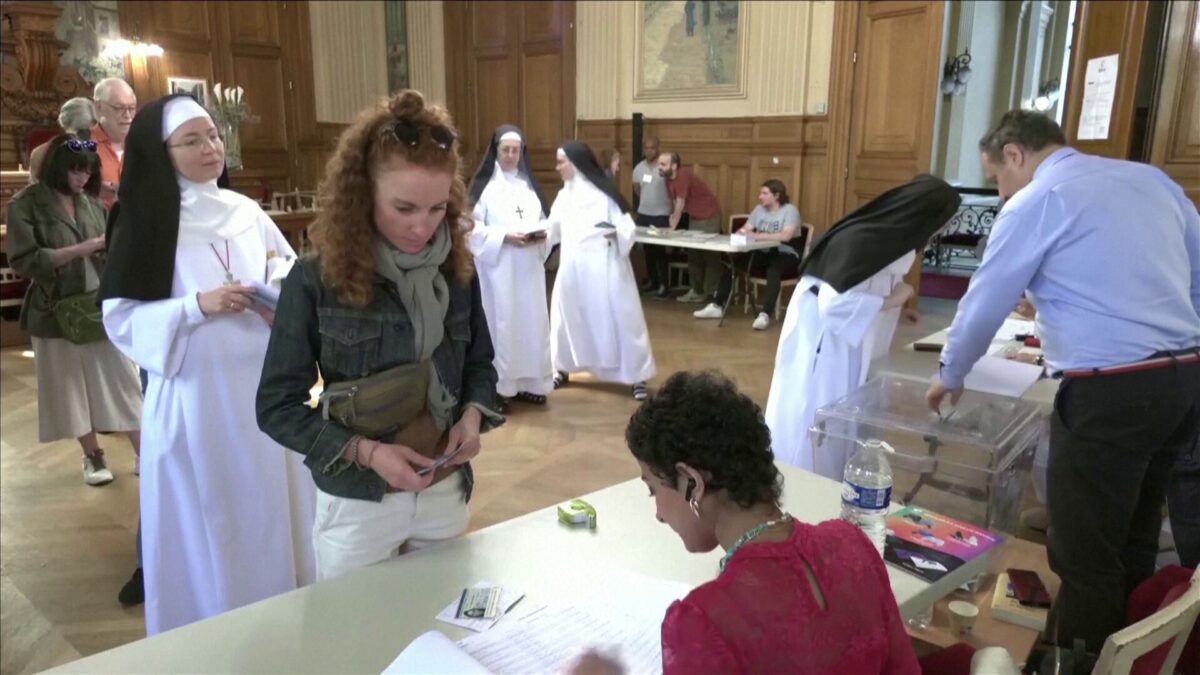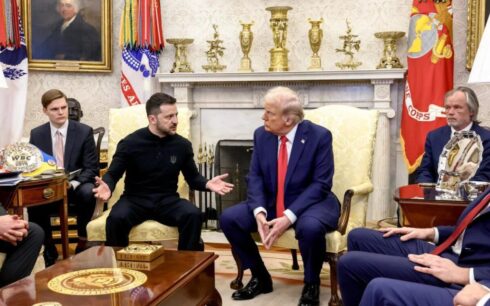French voters began casting their ballots on Sunday in the first round of a snap parliamentary election that could usher in the country’s first far-right government since World War II—a potential seismic shift at the heart of the European Union.
President Emmanuel Macron called the vote after his centrist alliance was soundly defeated in the European elections this month by Marine Le Pen’s National Rally (RN). The eurosceptic, anti-immigrant party, long considered a fringe movement, is now closer to power than ever before.
Polling stations opened at 6 a.m. GMT and will close at 4 p.m. GMT in smaller towns and cities, with an extended deadline of 6 p.m. GMT in larger cities. The first exit polls and seat projections for the decisive second round, scheduled for next week, are expected shortly after.
However, the electoral system complicates efforts to estimate the precise distribution of seats in the 577-seat National Assembly. The final outcome will not be known until voting concludes on July 7.
“We are going to win an absolute majority,” Le Pen said in a newspaper interview on Wednesday, predicting that her protégé, 28-year-old Jordan Bardella, would become prime minister. Her party advocates a high-spending economic program and aims to reduce immigration.
If the RN secures an absolute majority, French diplomacy could enter an unprecedented period of turbulence, with Macron—who intends to serve out his term until 2027—and Bardella vying for the right to speak for France.
At a voting station in Sèvres, on the outskirts of Paris, 70-year-old former company director Didier Delacroix said he had voted for Macron’s alliance. “Otherwise it’ll be a complete mess,” he said.
France has experienced three periods of “cohabitation” in its post-war history—when the president and government hail from opposite political camps—but never with such radically divergent worldviews competing at the top of the state.
Bardella has already indicated he would challenge Macron on global issues. France could shift from being a pillar of the EU to a thorn in its side, demanding a rebate of the French contribution to the EU budget, clashing with Brussels over European Commission appointments, and reversing Macron’s calls for greater EU unity and assertiveness on defense.
A clear RN victory would also create uncertainty regarding France’s stance on the Russia-Ukraine war. Le Pen has a history of pro-Russian sentiment, and while the party now claims it would support Ukraine in defending itself against Russian invaders, it has set red lines, such as refusing to provide long-range missiles.





